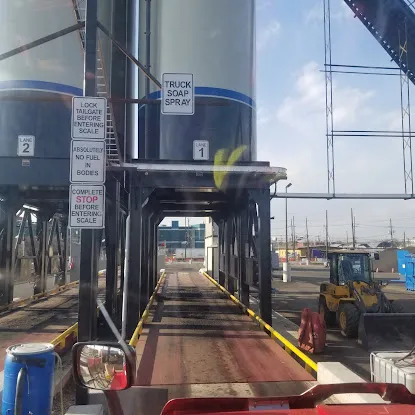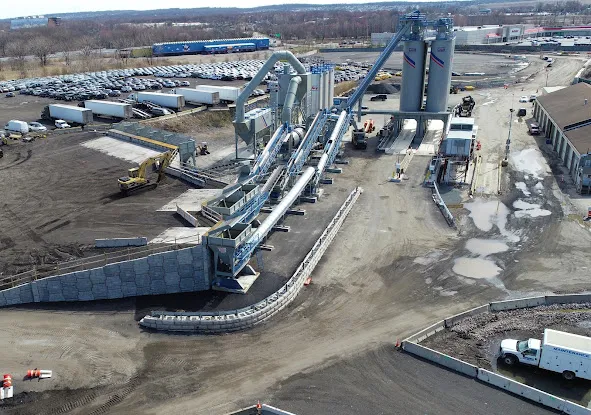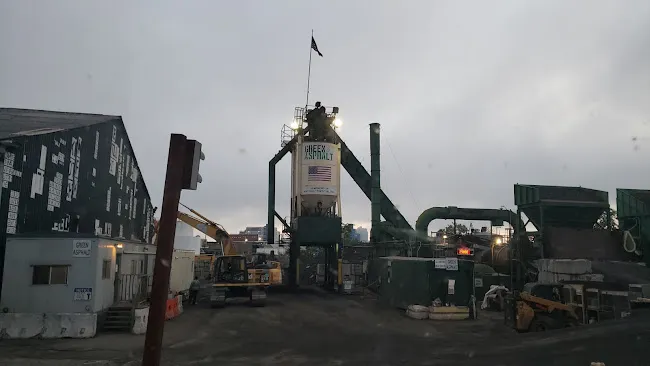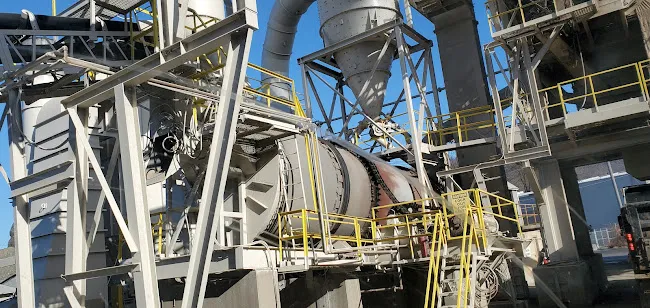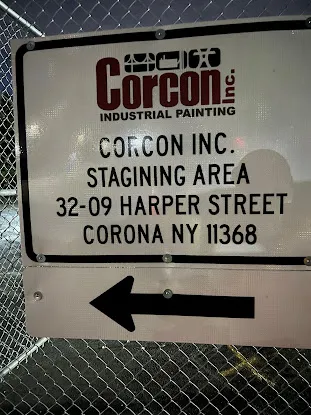Asphalt mixing plant Midtown Manhattan
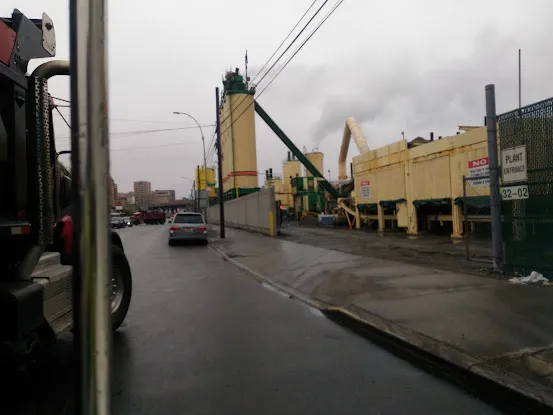
Willets Point Asphalt Corporation
Midtown Manhattan
32-02 College Point Blvd Flushing, NY 11354 United States
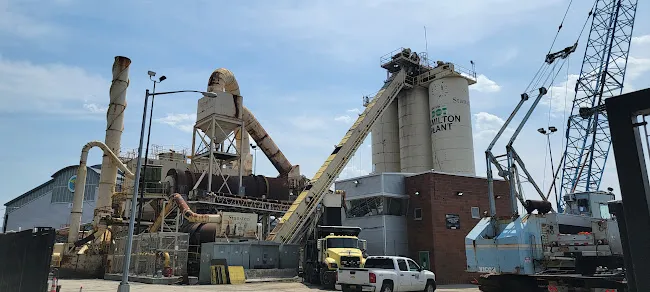
Hamilton A/C & Heating Systems
Downtown Manhattan
110 Montague St 2nd floor Brooklyn, NY 11201 United States
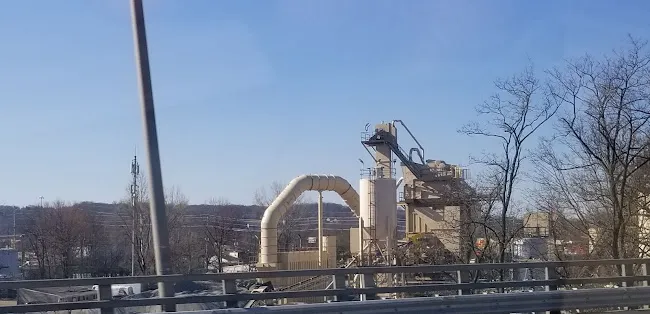
Tilcon New York Inc. - Totowa Asphalt Plant
Midtown Manhattan
355 Minnisink Rd Totowa, NJ 07512 United States
Asphalt Mixing Plant in Midtown Manhattan
Midtown Manhattan is a bustling hub of activity, known for its iconic skyline and vibrant urban life. Among the various industries that contribute to the city's infrastructure, asphalt mixing plants play a crucial role. These facilities are essential for producing the asphalt needed for road construction, maintenance, and various other projects within this densely populated area.
Located strategically, asphalt mixing plants in Manhattan ensure that construction projects can proceed efficiently and on schedule. The demand for high-quality asphalt is paramount, especially in a city where the volume of traffic can cause rapid wear and tear on road surfaces. As such, these plants utilize advanced technologies to ensure that the asphalt produced meets the stringent standards necessary for urban applications.
One of the key advantages of having asphalt mixing plants in Midtown Manhattan is the reduced transportation time for materials. With the proximity to major construction sites, contractors can access freshly mixed asphalt quickly, minimizing delays and ensuring smooth operations. This efficiency is particularly important in a dynamic environment like Manhattan, where time is often of the essence.
Furthermore, modern asphalt mixing plants are designed with environmental concerns in mind. Many facilities implement recycling practices by incorporating reclaimed asphalt pavement (RAP) into their production processes. This not only helps reduce waste but also lowers the overall carbon footprint associated with asphalt production. In a city that values sustainability, such initiatives are increasingly important.
In addition to their efficiency and environmental benefits, asphalt mixing plants in Manhattan also contribute to the local economy. They provide jobs for many residents, ranging from plant operators to administrative staff. This economic activity is vital in supporting the community and fostering growth in the area.
As construction continues to evolve in Midtown Manhattan, the role of asphalt mixing plants remains indispensable. They not only support the infrastructure needs of the city but also adapt to the changing landscape of urban development. Whether it is a new road project or the maintenance of existing surfaces, these facilities are at the forefront of ensuring that the city remains accessible and functional.
In conclusion, the significance of asphalt mixing plants in Midtown Manhattan cannot be overstated. They are essential for maintaining the quality of the city's roads, supporting economic growth, and promoting sustainable practices. As Manhattan continues to grow and change, these facilities will play a vital role in shaping its future.
